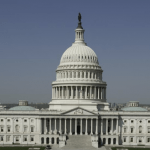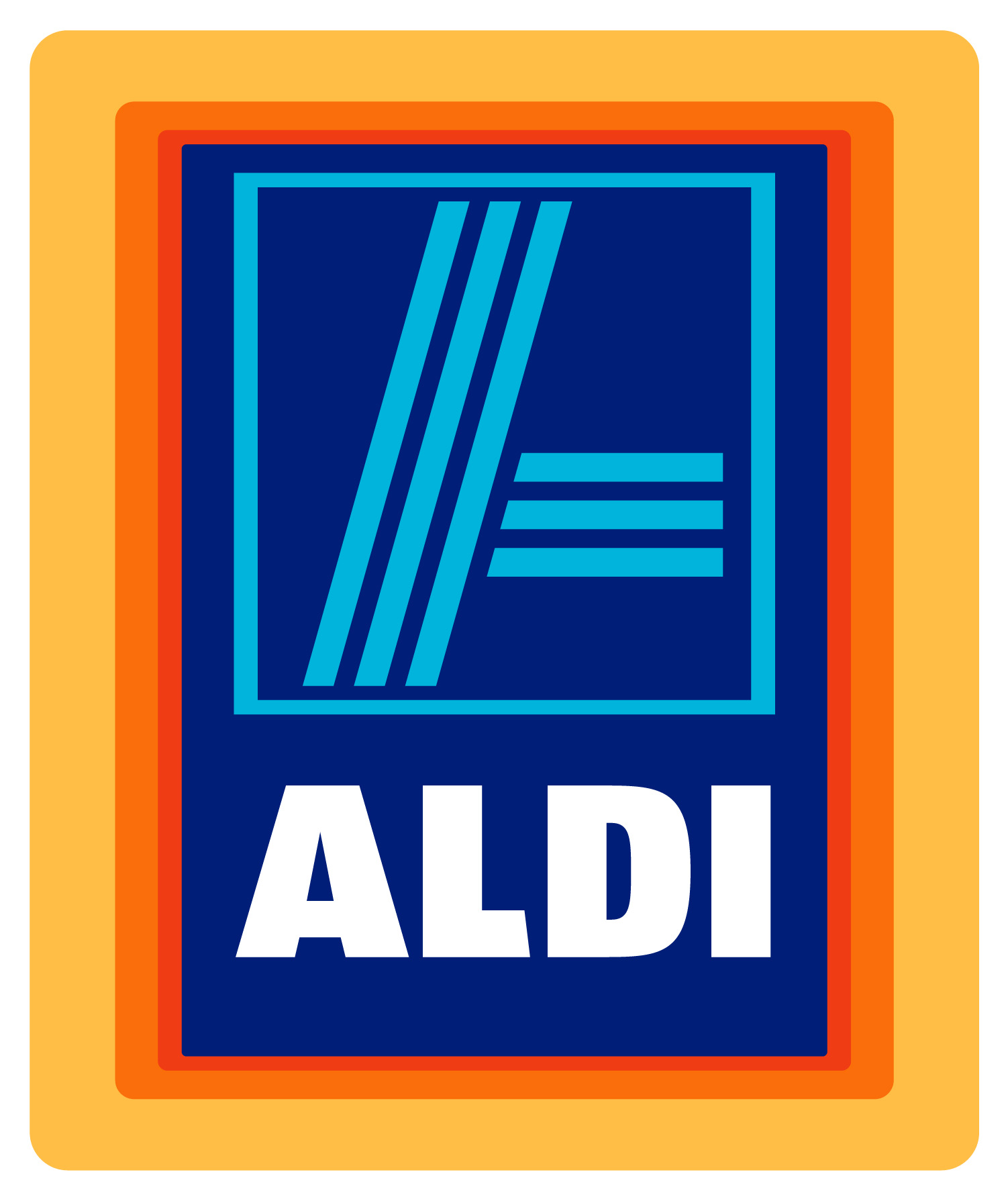Congress’ Problem Solvers Caucus Unveils Substantive Covid-19 Relief Proposal But Gridlock Remains the Name of the Game
The Problem Solvers Caucus is a bipartisan, member-driven group of U.S. House of Representative members focused on breaking through the gridlock of today’s politics to enact substantive, commonsense solutions to a variety of issues.
As we’ve written in many posts over the past few weeks, Congress is gridlocked on legislation that would provide additional Covid-19 relief to Americans in need.
This past week the Problem Solvers Caucus unveiled its proposal to try and break through the logjam currently in place.
According to the proposal’s press release, “The package addresses key areas of need, including COVID-19 testing, unemployment insurance, direct stimulus, worker and liability protection, small business and non-profit support, food security, schools and child care, housing, election support, and state and local aid.”
The majority of which are most definitely areas of immediate need.
The Problem Solvers Caucus plan would include new federal money, in addition to the re-allocation of previously appropriated Cares Act dollars which have yet to be spent.
The specific areas to which funds would be appropriated and the amounts are (from the press release):
- Testing & Healthcare ($100B)
- Direct Assistance to Individuals & Families ($316B)
- Unemployment Assistance ($120B)
- Small Business & Non-profit Support ($290B)
- School & Child Care ($145B)
- State & Local Aid ($500.3B)
- Election Support ($400M)
- Broadband, Agriculture, USPS, & Census ($52B)
- Worker & Liability Protections
- Automatic Boosters & Reducers
In all, the proposal would total approximately $1.5 trillion.
And with this amount, a majority of must-fund-now programs would be funded for the next 6 months (one year for state and local funding).
A few specific areas of funding most important to individual Americans include:
The plan would extend weekly federal enhanced unemployment benefits at $450 for eight weeks, after which it would transition to payments up to $600 per week but capped at 100% of a person’s previous wage. This is an important point that would address concerns that some unemployment recipients were being paid more via unemployment benefits than they were making when working. The enhanced unemployment benefits would run through January 2021.
The proposal would provide $25 billion in rental assistance to go along with the eviction moratorium currently in place.
Direct payments to qualifying Americans is also part of the relief proposal. While not specified, likely the requirements would be the same as the initial Cares Act stimulus payments – individuals making up to $99,000 or couples up to $198,000 would qualify for the payments. Payments would be $1,200 for adults and $500 for children. An identical round of payments would be sent in March if the coronavirus pandemic and its effect on the economy persist.
And in a more general sense, individuals would be helped with additional (and re-appropriated) Payroll Protection Program funding which would prioritize distressed businesses and allow for second, forgivable loans if needed.
You can view the full Problem Solvers Caucus plan at this link.
Congress’ Response
The response to this commonsense and much needed Covid-19 relief plan has been lukewarm from many Congressional leaders.
Again, with many Congressional seats, and, most importantly, the presidency, up for grabs in just over a month, the political game-play is beyond ridiculous.
House Speaker Nancy Pelosi (D-CA) has basically said the Democratic Caucus won’t consider a legislative proposal that is less than $2.2 trillion.
Why a specific number matters, I don’t know. The Problem Solvers Caucus plan is close to that funding amount, while addressing many of the areas most in need of relief monies.
Yet the Speaker continues to focus on a specific dollar amount rather than providing financial assistance to struggling individuals and small businesses, as well as state and local governments, that are in need now.
It just seems the Speaker is using the American people as a political pawn, withholding assistance to increase the financial pain and economic concern in hopes it will benefit Democrats at the polls November 3rd.
This is not how elected officials should act, ever, and especially not during a time of economic crisis for so many.
Luckily, there are a number of Democrats in the U.S. House who do want relief efforts for their constituents now. And they’ve been making their views heard, both in Democratic Caucus meetings this past week and to the press.
So far the Speaker has listened but quietly ignored their calls for action. If there’s more of a push for legislative action, that may change.
But, it’s important to note, even if the House does pass a relief bill in the next few weeks, Senate Republicans – especially the select group against further federal outlays – would have to accept the additional appropriations.
There are definite hurdles on both sides of the aisle to providing much needed funding to Americans in need.
While the U.S. economy is inching in a positive direction, it’s no where close to being out of the woods. We will need additional relief funding to maintain a positive trajectory that will allow for many parts of the economy to return to normal in the next year.
And while that funding – at least the next round – could wait until after the November election, it shouldn’t have to.
If you support providing individuals and businesses specifically, and the U.S. economy in general, additional financial support, let your voice be heard…now.
Contact your U.S. Representative and/or Senators to let them know your position.
Congress is scheduled to break for the election the first week of October. If a relief bill is to be considered and passed prior to the election, it must happen in the next two weeks.
The Problem Solvers Caucus proposal is a sensible relief bill framework to make that happen.



